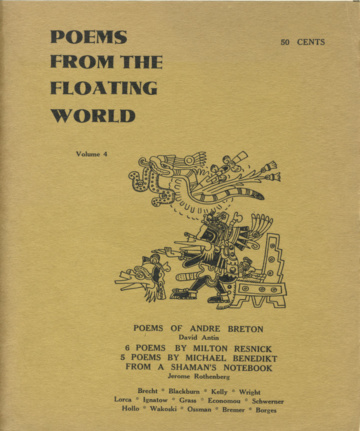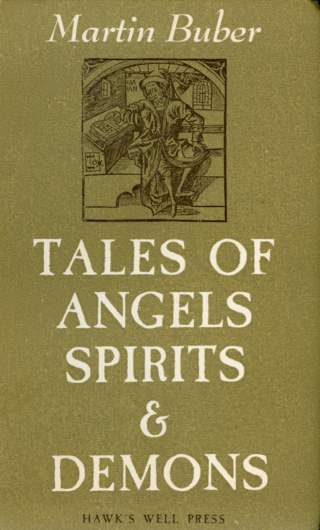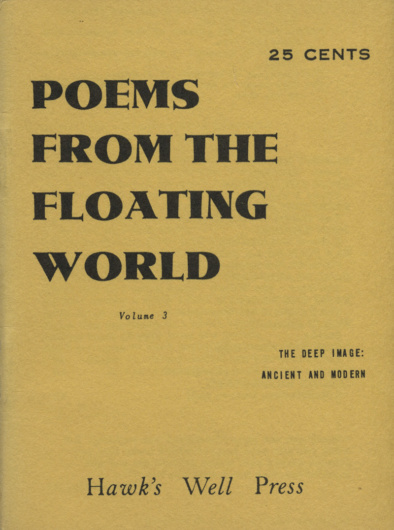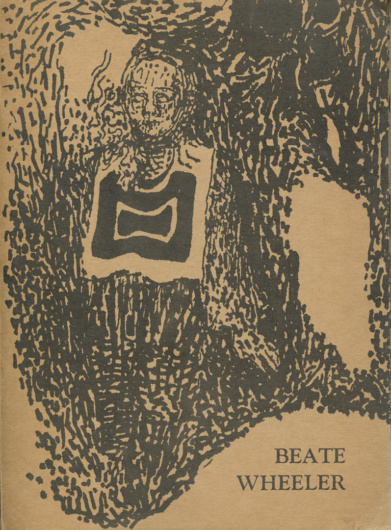Hawk’s Well Press / Poems from the Floating World
Jerome Rothenberg
New York
Nos. 1–5 (1959–63).
Poems from the Floating World 4 (1962).

Hawk’s Well Press, under the irrepressible Jerome Rothenberg, published five issues of Poems from the Floating World and half a dozen small books of big poetry, most of them printed in Ireland, including, amazingly, the first books of Rothenberg, Robert Kelly, and Diane Wakoski. Clues to the territory mapped by Poems from the Floating World are contained in the poems published, as well as in the short, unattributed statements (presumably the words of the editor) that appeared in each of the first three issues. For example, inside the front cover of issue 3 one reads: “The poem is the record of a movement from perception to vision. Poetic form is the pattern of that movement thru space and time. The vehicle of movement is passion-speaking-thru-things. The condition of movement is freedom. The deep image is the content of vision emerging in the poem.” The magazine’s five issues included work by James Wright, Gunnar Ekelof, Robert Bly, André Breton, Rothenberg, Paul Celan, Denise Levertov, Pablo Neruda, Robert Creeley, Gary Snyder, David Antin, Robert Kelly, Philip Lamantia, Robert Duncan, Anselm Hollo, and Jackson Mac Low. Rothenberg went on to become a fine and prolific poet, translator, and anthologist.

Martin Buber, Tales of Angels, Spirits & Demons (1958), translated by David Antin and Jerome Rothenberg. Cover design by Euclides Theoharides.
His first book, a collaboration with David Antin (who, along with David Witt, was a cofounder of Hawk’s Well), was a translation of Martin Buber’s Tales of Angels, Spirits & Demons. In this work, published by Hawk’s Well in 1958, one can see Rothenberg turning the ground that will result in the remarkable group of anthologies that have made him a major force in contemporary poetry; these include Revolution of the Word: A New Gathering of American Avant Garde Poetry 1914–1945 (1974) and, most recently, Poems for the Millennium: The University of California Book of Modern & Postmodern Poetry (edited with Pierre Joris; 4 volumes, 1995–2013). His sensitivity to a wide variety of traditions and enthusiasm for the “forgotten” have been motivating sources since his young adulthood, as he notes in the “Pre-Face” to Revolution of the Word: “It was 1948 & by year’s end I was seventeen. I had been coming into poetry for two years. My head was filled with Stein & Cummings, later with Williams, Pound, the French Surrealists, the Dada poets who made ‘pure sound’ three decades earlier. Blues. American Indian things from Densmore. Cathay. Bible, Shakespeare, Whitman. Jewish liturgies. Dalí & Lorca were ferocious possibilities. Joyce was incredible to any of our first sightings of his work. The thing was to get off on it, to hear one’s mind, learn one’s own voice. But the message clear & simple was to move. To change. To create one’s self & thus one’s poetry. A process.”

Poems from the Floating World 3 (1961).
Hawk’s Well Press books include
Buber, Martin. Tales of Angels, Spirits & Demons. 1958. Translated by Jerome Rothenberg and David Antin.
Faust, Seymour. The Lovely Quarry. 1958.
Gunn, Thom. Fighting Terms. 1958.
Jess [Collins]. O! 1960.
Kelly, Robert. Armed Descent. 1961. Cover design by Jerome Rothenberg from an Aztec drawing in the Codex Mendoza.
Owens, Rochelle. Futz. 1961.
Rothenberg, Jerome. Black Sun, White Sun. 1960. Cover drawing by Mildred Gendell.
Rothenberg, Jerome. Sightings / Robert Kelly. Lunes. 1964. Drawings by Amy Mendelson.
Wakoski, Diane. Coins & Coffins. 1962.
Wheeler, Beate. Drawings by Beate Wheeler. 1963.

Beate Wheeler, Drawings by Beate Wheeler (1963).
